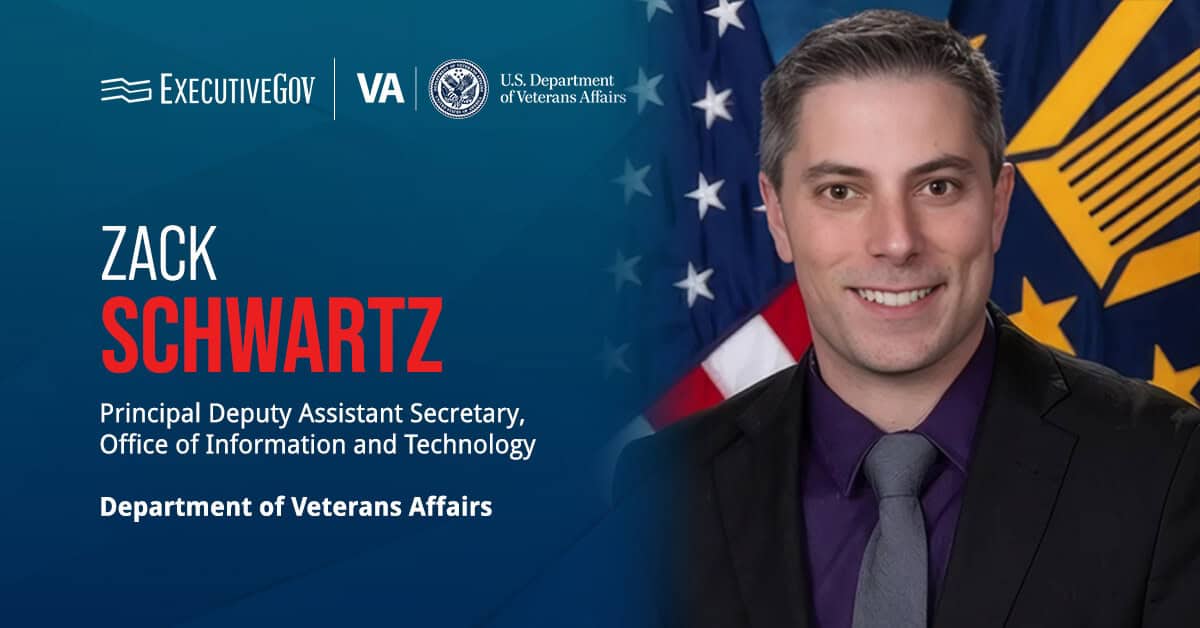The Federal Communications Commission asks the public for more information on cyber vulnerabilities that are potentially present in the Border Gateway Protocol, a central component of the Internet’s global routing system.
The FCC wants to identify and address BGP’s impacts on data transmissions in e-commerce, emailing, bank transactions, 911 calls and Voice-over Internet Protocol, the agency said Friday in a Federal Register notice.
Interested parties may respond to the FCC’s query up to April 11th, as reply comments are due on May 10. BGP is an exterior gateway protocol that facilitates exchanges of information on the routing and reachability of internet-based autonomous systems.





